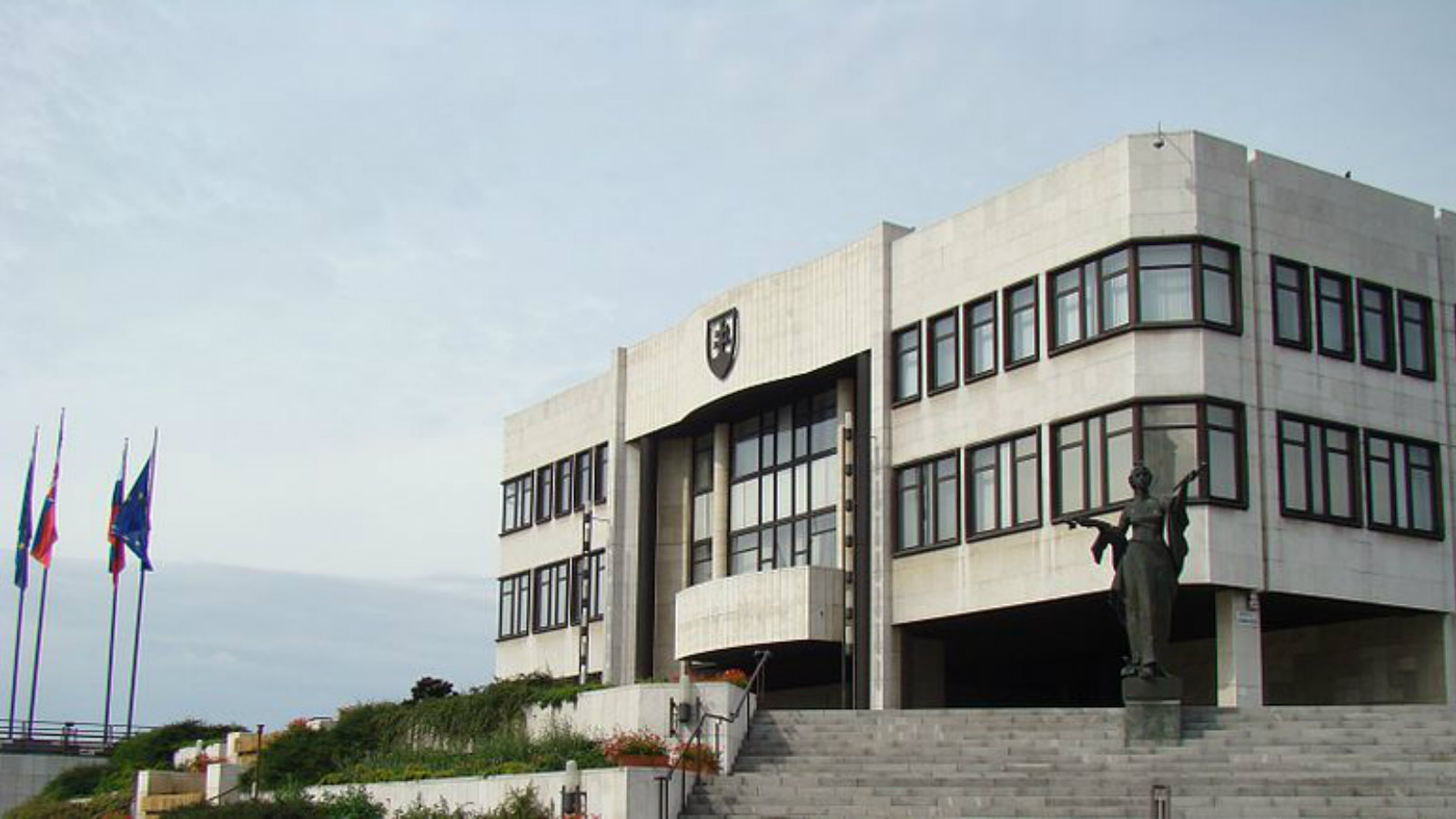
By Katarína Klingová, for Disinfo Portal
We live in the age of disinformation in which armies of ideologically motived opponents, radicalized citizens, paid trolls, and automated bots exchange online salvos of posts, likes, and comments. Foreign actors have attempted to influence democratic processes, public discourse, and stir public perceptions in countries around the world. The US presidential elections in 2016 showed that even a country as powerful as the United States is not resilient to malign foreign subversive influence. No country is safe.
In response to this threat, and in an attempt to protect the European Union’s (EU) democratic systems, combat disinformation, and protect the integrity of the European Parliamentary elections in May 2019, the EU presented an Action Plan against Disinformation in December 2018. One of the measures the Action Plan has envisioned is the development of national capacities for strategic communication (StratCom). But will EU members be expected to develop their own StratCom capacities? What is the state of strategic communication of the public institutions in Slovakia? Do Slovak public servants understand the need for strategic communication?
The recent study by the GLOBSEC Policy Institute Strategic communication of the Slovak Republic showed that few people in public service understand strategic communication as a concept and policy that should be actively conducted by public servants.
Very low understanding on strategic communication, malign information operations, and hybrid threats means that few Slovak public institutions conduct strategic communication. Systematic communication of long-term priorities and values is completely absent in many institutions, and it could be characterized as reactive and uncoordinated. Unfortunately, no central institution provides oversight and coordinates strategic communications, and those responsible for debunking disinformation are scattered among small units. In Slovakia, only three public institutions’ Facebook pages counter disinformation emanating from 166 known disinformation websites.
The Ministry of Foreign and European Affairs in Slovakia is the only institution that has a designated StratCom unit, which makes it the only public institution that has so far been actively using the term in their documents and actively implementing it in their activities.[1] Until the end of September 2019, Slovakia had no common definition of StratCom in any official document. This lack of common definition led to misunderstandings about strategic communication by public servants, among others, for propaganda or crisis communication. In September the Interdepartmental Terminology Committee of the Security Council of the Slovak Republic adopted a definition of strategic communication and included it in its Terminological Dictionary of Crisis Management, which serves as the point of reference for foreign terms and concepts for Slovak public administration. The inclusion and explanation of StratCom in the Terminology Dictionary could be perceived as an important and necessary measure for StratCom to be further included in internal or official documents as well its active application in communication activities of public institutions.
So far strategic communication was mentioned in the draft of the new National Security Strategy and new Defense Strategy of the Slovak Republic. However, while these strategic documents were adopted by the government in October 2017, they were not adopted by the National Council of the Slovak Republic and are therefore invalid. The official Security Strategy of the Slovak Republic, adopted in 2005, does not encompass strategic communication nor does it recognize the concept of hybrid threats.
Therefore, active communicators who conduct strategic communication are, first and foremost, individual public servants who are aware of the threat coming from disinformation operations and their impact on Slovak democracy. Both intradepartmental and interdepartmental cooperation between public institutions is therefore dependent on personal ties between personnel, making the system vulnerable to personnel changes. Systematic education and capacity-building are absent in the field of strategic communication throughout the whole Slovak public administration. Public servants need to realize that active communication of the outputs of their work and policy measures should be part of their daily job. They need to realize that the resilience of the public administration starts with them, and that they contribute to the protection of Slovakia.
Coalition disputes and inability to reach political consensus on security threats or the foreign and geopolitical orientation of the Slovak Republic are the main obstacles for the development of Slovak strategic communication. Until there is the political will to foster development in this area, the adoption of whole-of-government measures would be painfully slow, if not impossible.
[1] Ministry of Foreign and European Affairs of the Slovak Republic established a strategic communication unit in August 2017 and adopted an internal strategic document on strategic communication, which is not classified.
By Katarína Klingová, for Disinfo Portal




